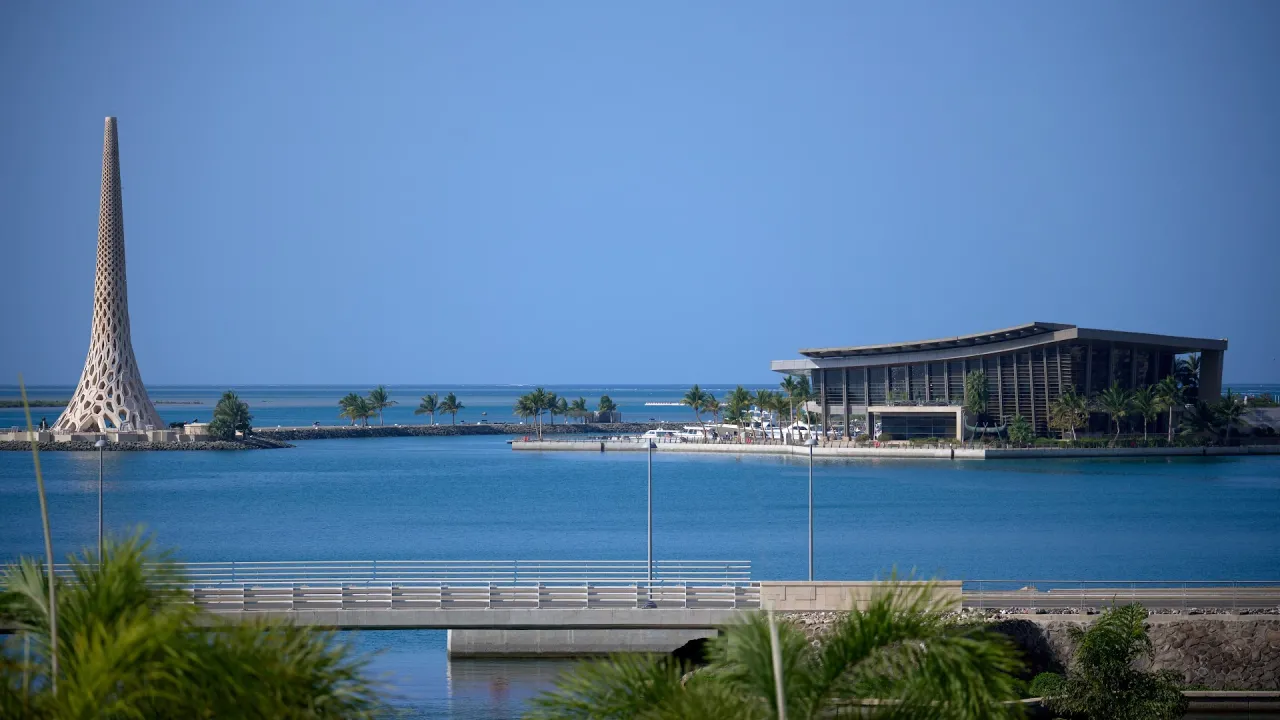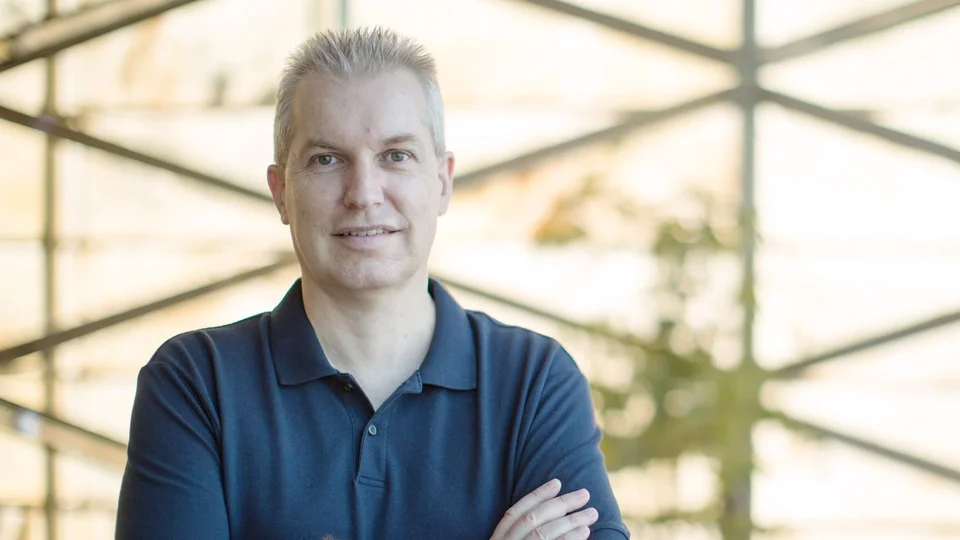
L'oreal-UNESCO UK & Ireland For Women In Science Fellowships (FWIS) for the article "Modelling particulate matter pollution from vegetation fires in South-East Asia".
Paola Crippa (presently at University of Newcastle, UK) is one of the winners of the highly contested 2015 L'oreal-UNESCO UK & Ireland For Women In Science Fellowships (FWIS) for the article "Modelling particulate matter pollution from vegetation fires in South-East Asia".
About
Paola Crippa (presently at University of Newcastle, UK) is one of the winners of the highly contested 2015 L'oreal-UNESCO UK & Ireland For Women In Science Fellowships (FWIS) for the article Modelling particulate matter pollution from vegetation fires in South-East Asia'.
According to the World Health Organization, 3.7 million people prematurely die each year due to the exposure to atmospheric air pollutants. Most of these deaths occur in developing countries where larger amounts of harmful chemical compounds such as toxic gases and particulate matter are released in the atmosphere. The United Nations recently raised concerns regarding the health and climatic impacts of particles emitted by vegetation fires in regions subject to land-use changes and human-driven deforestation such as South-East Asia, where they are responsible for 10,800 premature deaths per year. In this research, Dr Crippa aims at understanding how particulate matter from vegetation fires is transported over South-East Asia and contributes to regional air pollution phenomena.
Before this project, Dr Crippa worked with Prof. Marc Genton team - CEMSE Division - to Visualizing the effects of an explosive volcanic eruption, published into the article Visuanimation in statistics DOI: 10.1002/sta4.77
The article describes the advantages of using virtual-reality techniques to better understand atmospheric science concepts such as the global climate effects associated with the occurrence of an explosive volcanic eruption. The team tested the model simulating the volcanic ash dispersion and sulfate aerosol formation in the stratosphere of the Pinatubo's eruption (15 June 1991, Philippines) since it produced the largest volcanic cloud of the twentieth century and caused significant climatic effects that persisted for several years.
About the L'oreal programme
The L'oreal programme was set 17 years ago to encourage greater participation of women in the field of science. As well as the International Laureate programme there are now 46 national fellowship programmes running all over the world.
These fellowships promote and reward outstanding female postdoctoral researchers, offering flexible financial help. Each worth £15,000, the fellowship can be spent on whatever they need to help drive their research forward, a unique feature of these awards. This year, the five winners will be using their prize money for a range of support such as buying equipment, carrying out field trips, attending conferences, getting help in their labs, as well as covering childcare costs.
The fellows benefit from a raft of career and life-enhancing experiences such as media training, personal impact coaching, speaking opportunities, networking events and access to senior mentors and role models.
The competition was extremely tough this year with a record 350 candidates applying for the five fellowships.
